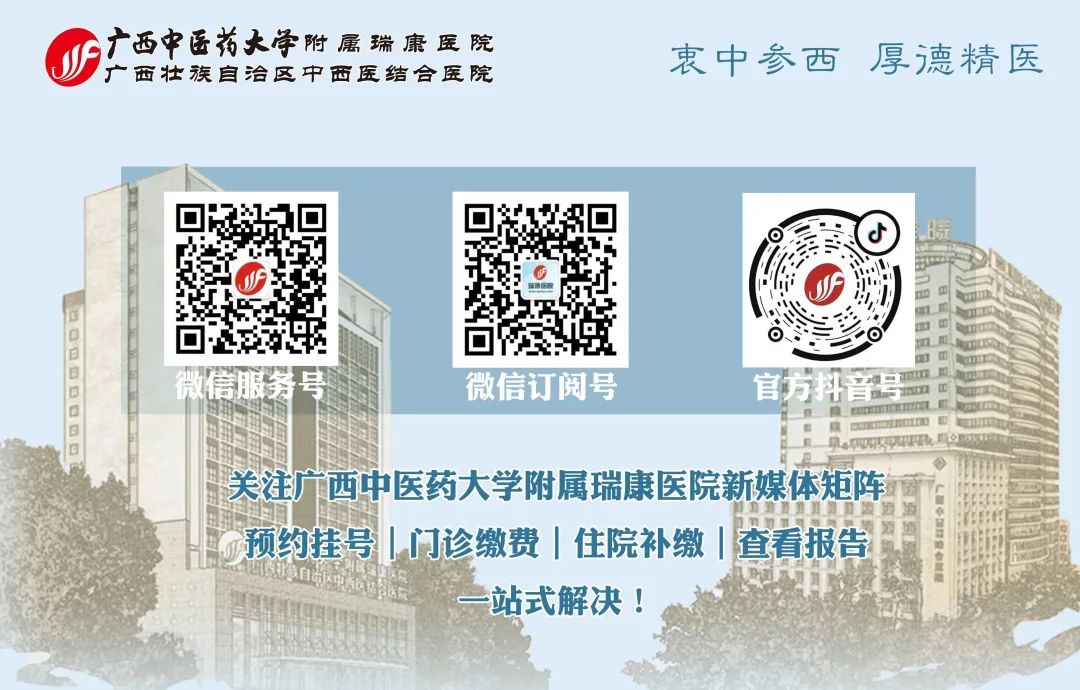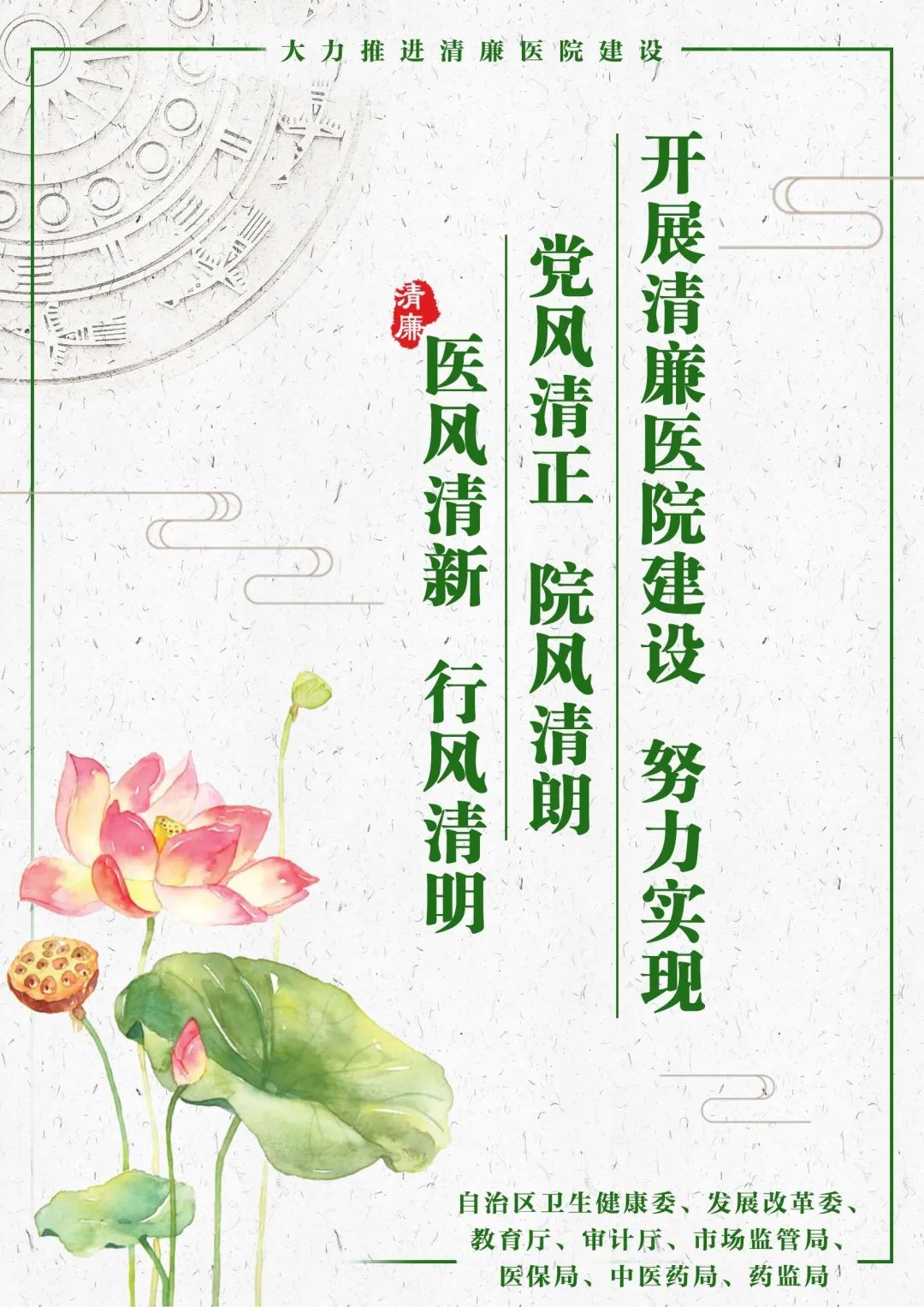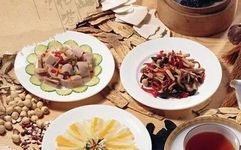
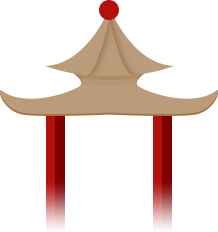
Dietary therapy and medicinal congee originate from China’s traditional dietary and TCM (Traditional Chinese Medicine) culture, as recorded in classic texts such as the Huangdi Neijing, Shennong Bencao Jing, Qianjin Fang, and Shiliao Bencao. Medicinal congee is a special dietary method that integrates preventive and therapeutic herbs into food under the guidance of TCM principles.
Today, we recommend four easy-to-make medicinal congee recipes. Once cooked, I would love to join for a meal!
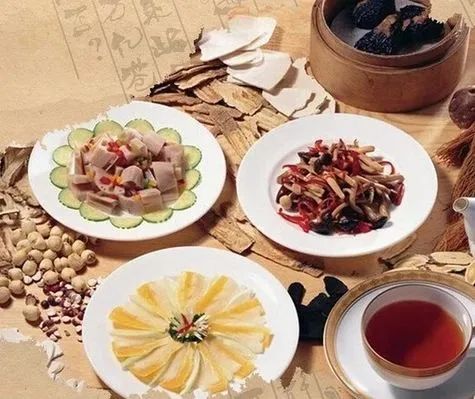
Wuling Congee (Wǔlíng zhōu)
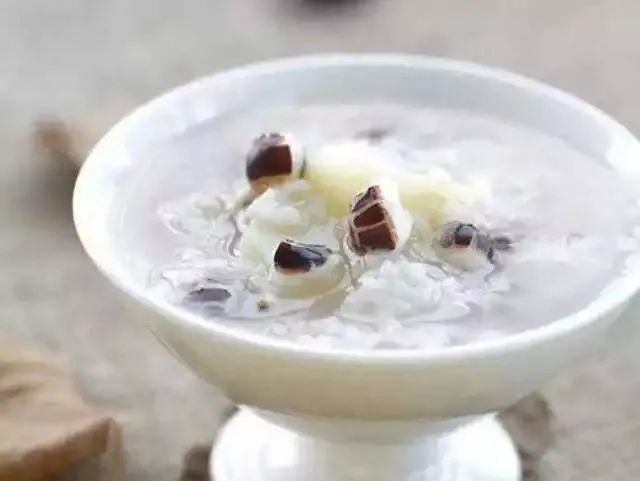
【Source】 Yao Zhou
【Ingredients】 Ze Xie (Alisma) 12g, Fu Ling (Poria), Zhu Ling (Polyporus), Bai Zhu (White Atractylodes) each 9g, Gui Zhi (Cinnamon Twig) 6g, and 100g of glutinous rice.
【Usage】 Take warm, twice daily, for a course of 3-5 days.
【Effects and Indications】 Promotes urination and resolves dampness, warms Yang and transforms Qi. Suitable for symptoms such as difficulty urinating, edema, heaviness in the body, mild fever, thirst, and diarrhea due to excess dampness.
【Clinical Applications】 Used for chronic nephritis, acute gastroenteritis, and urinary retention associated with internal dampness.
Perilla Seed and Hemp Seed Congee (Zǐsū má rén zhōu)
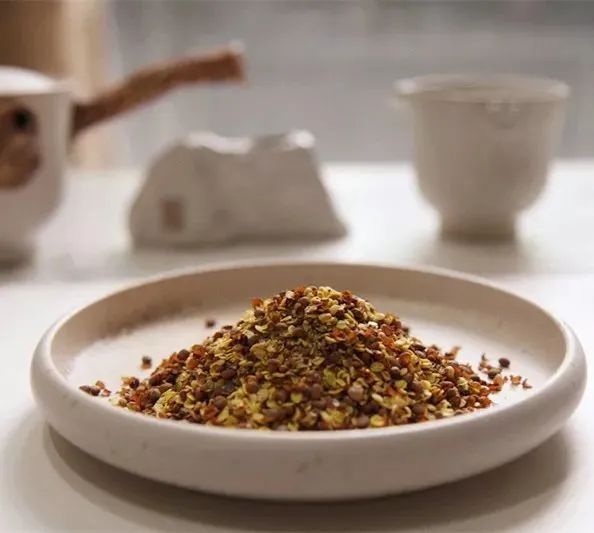
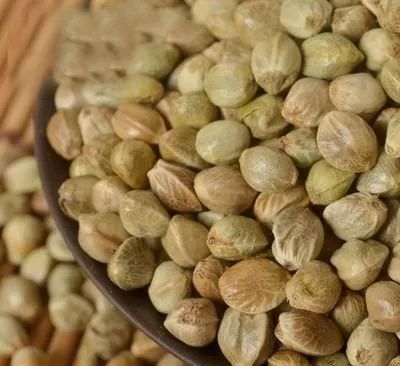
【Source】 Pǔjì Běnshì Fāng
【Ingredients】 Perilla Seed (Zǐsū zǐ) and Hemp Seed (Má zǐ) each 15g, and 50g of glutinous rice.
【Usage】 Take warm, three times daily.
【Effects and Indications】 Moistens the intestines and relieves constipation. Suitable for elderly, weak, long-term illness patients, and postpartum women with dry intestines and constipation.
【Clinical Applications】 Used for simple constipation, post-illness, elderly, pregnant women, or habitual constipation.
Radish Seed Congee (Láifū zǐ zhōu)
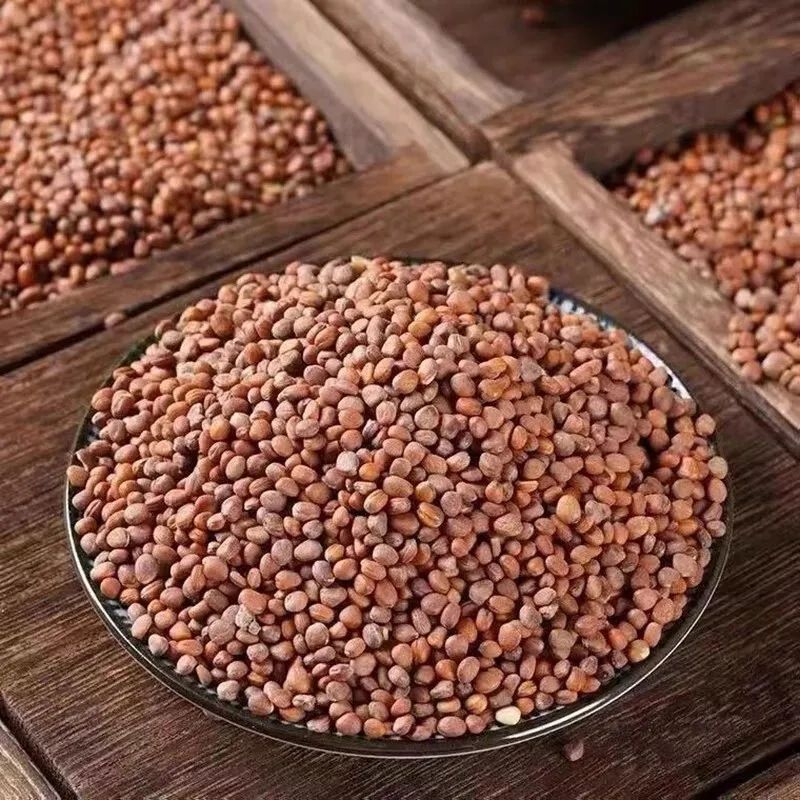
【Source】 Lǎolǎo Héngyán
【Ingredients】 Radish Seed (Láifū zǐ) 15g, and 100g of glutinous rice.
【Effects and Indications】 Aids digestion and relieves bloating. Suitable for symptoms of food stagnation and Qi stagnation, such as undigested food, abdominal bloating, belching, sour regurgitation, poor appetite, and diarrhea.
【Clinical Applications】 Used for functional dyspepsia.
【Usage Note】 Radish Seed can deplete Qi, so it should not be taken for long periods; it is not suitable to use with Ginseng.
Black Plum Congee (Wūméi zhōu)
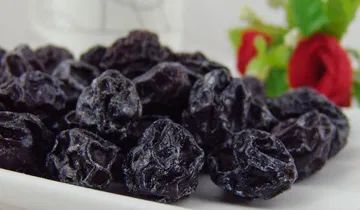
【Source】 Shèngjì Zǒnglù
【Ingredients】 Black Plum (Wūméi) 10-15g, 60g of glutinous rice, and appropriate amount of rock candy.
【Usage】 One dose daily, taken warm in the morning and evening on an empty stomach, for 5-7 consecutive days.
【Effects and Indications】 Astringes the intestines and stops diarrhea, restrains the lungs and stops cough, generates fluids and quenches thirst, and stops bleeding. Suitable for symptoms of spleen deficiency with chronic diarrhea, lung deficiency with persistent cough, intestinal wind bleeding, diabetes, excessive sweating due to heat, and excessive thirst.
【Clinical Applications】 Used for chronic bronchitis, chronic nonspecific colitis, chronic bacterial dysentery, diabetes, and hemorrhoidal bleeding associated with spleen and lung deficiency, Qi and fluid damage, especially for chronic bacterial dysentery and chronic diarrhea with symptoms of dry mouth, excessive thirst, poor appetite, and short urination. It can also be used for those suffering from heat stroke with excessive sweating, thirst, and increased drinking.
【Usage Note】 This formula is primarily astringent and should only be used for chronic cough, diarrhea, dysentery, diabetes, and bleeding. It is not suitable for those with exterior pathogens or internal heat accumulation.
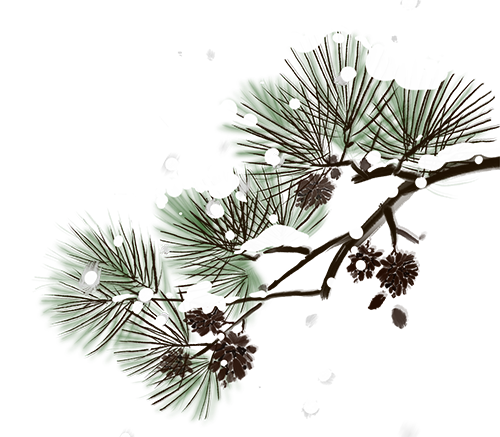
Traditional Chinese Medicine Classic Ward
In 2017, the National Development and Reform Commission and the National Administration of Traditional Chinese Medicine jointly launched the “Traditional Chinese Medicine Inheritance and Innovation Project,” investing 10 billion to promote the construction of 99 key TCM hospitals and 11 key research institutions across the country, with the establishment of TCM classic wards as one of the essential components. Our hospital, as one of the 99 key TCM hospitals, has been actively promoting the planning and construction of TCM classic wards, successfully opening the TCM classic ward on November 30, 2021, led by Director Tang Xiao, who has received national honors for her contributions during the COVID-19 pandemic.
The TCM classic ward adheres to the principle of “Chinese medicine first, then Western medicine, and a combination of both,” utilizing classic TCM theories and the experience of renowned TCM practitioners, combined with modern medical methods to treat various acute and critical conditions and complex diseases.
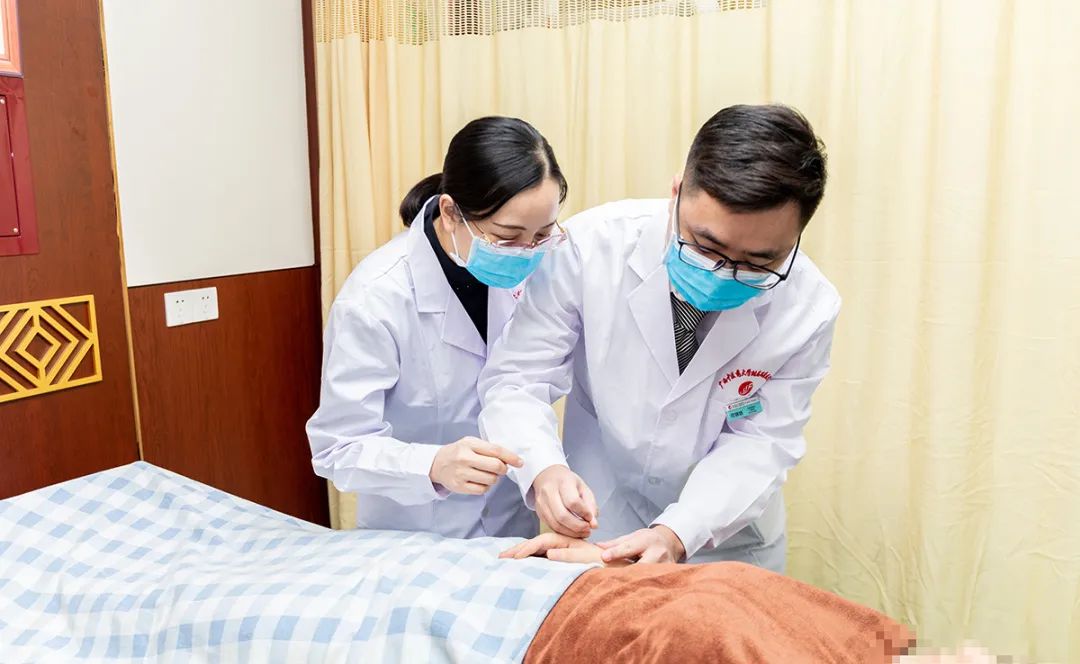
Specialized Conditions Treated: Breaking the limitations of traditional clinical wards, regardless of gender or age, covering a wide range of conditions including internal, external, gynecological, pediatric, orthopedic, and skin diseases, as well as acute and critical conditions such as heart failure, pneumonia, unexplained fever, refractory insomnia, hyperhidrosis, stubborn constipation, chronic headaches (migraines), stubborn skin diseases, postherpetic neuralgia, anxiety and depression, menopausal syndrome, various pain syndromes of unclear etiology, edema, and various conditions poorly managed by modern medicine.
Specialized TCM Therapies: Various acupuncture techniques including ordinary acupuncture, fire needling, and wrist-ankle acupuncture; moxibustion techniques such as navel moxibustion, fire dragon moxibustion, Gu Yuan moxibustion, Du Mai moxibustion, and thunder fire moxibustion; cupping techniques including fire dragon cupping, balanced cupping, and bamboo medicine cupping; auricular therapies such as ear seed therapy, auricular guasha, and ear bleeding; scraping techniques including copper scraping, warm scraping, acupoint application, herbal steaming, herbal compresses, herbal foot baths, herbal fumigation, bloodletting, and five-sound therapy.
The TCM classic ward is located on the 10th floor of Building A of the hospital, with a strong TCM atmosphere and elegant environment, featuring a comprehensive TCM treatment room, an independent herbal decoction room, and currently 32 open beds, including 2 VIP single rooms and 4 intensive care beds. The ward is equipped with conventional TCM diagnostic and treatment equipment, as well as a TCM pulse simulation training device for educational purposes, along with advanced monitoring systems, ventilators, high-flow oxygen machines, and defibrillators for modern emergency care.
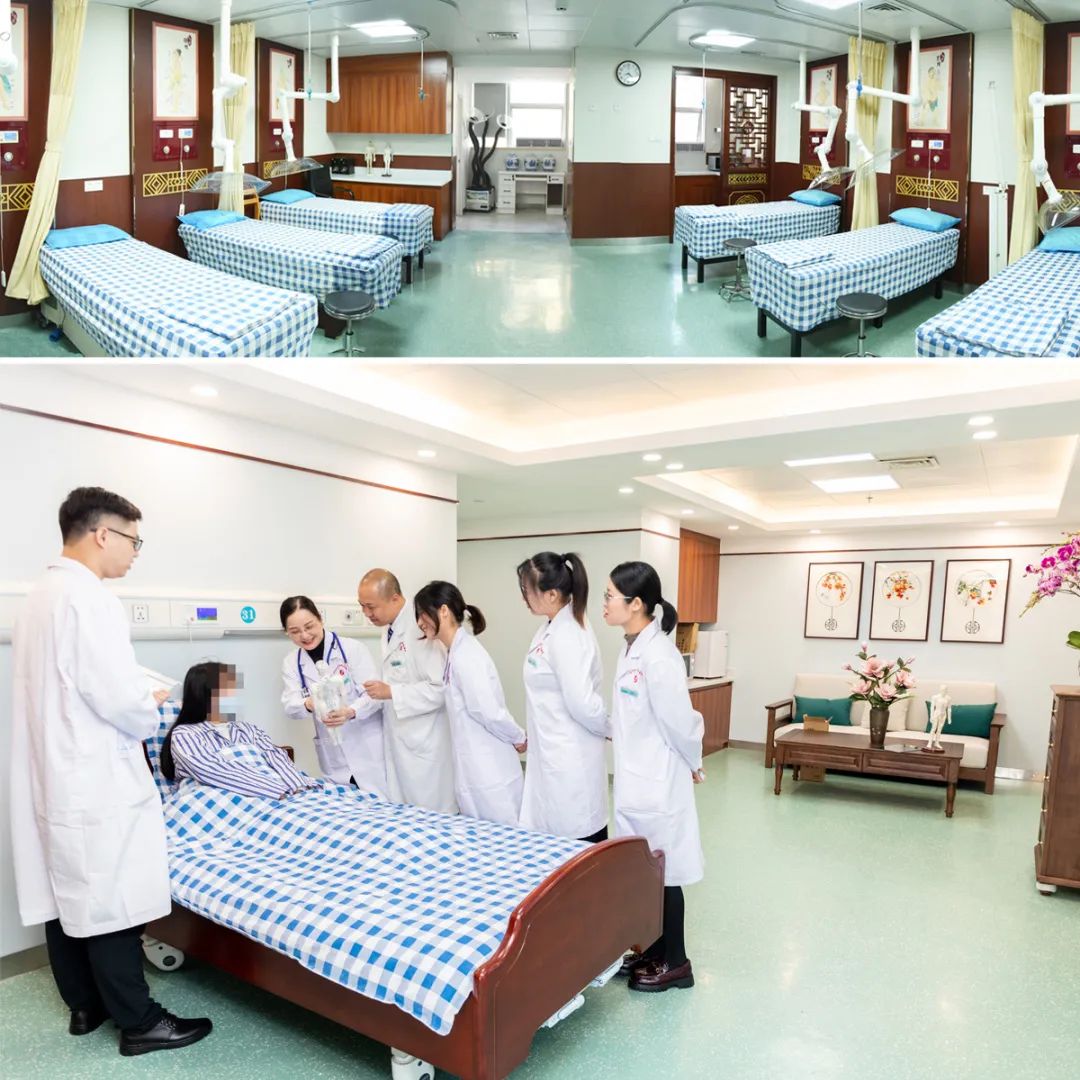
Expert Recommendations
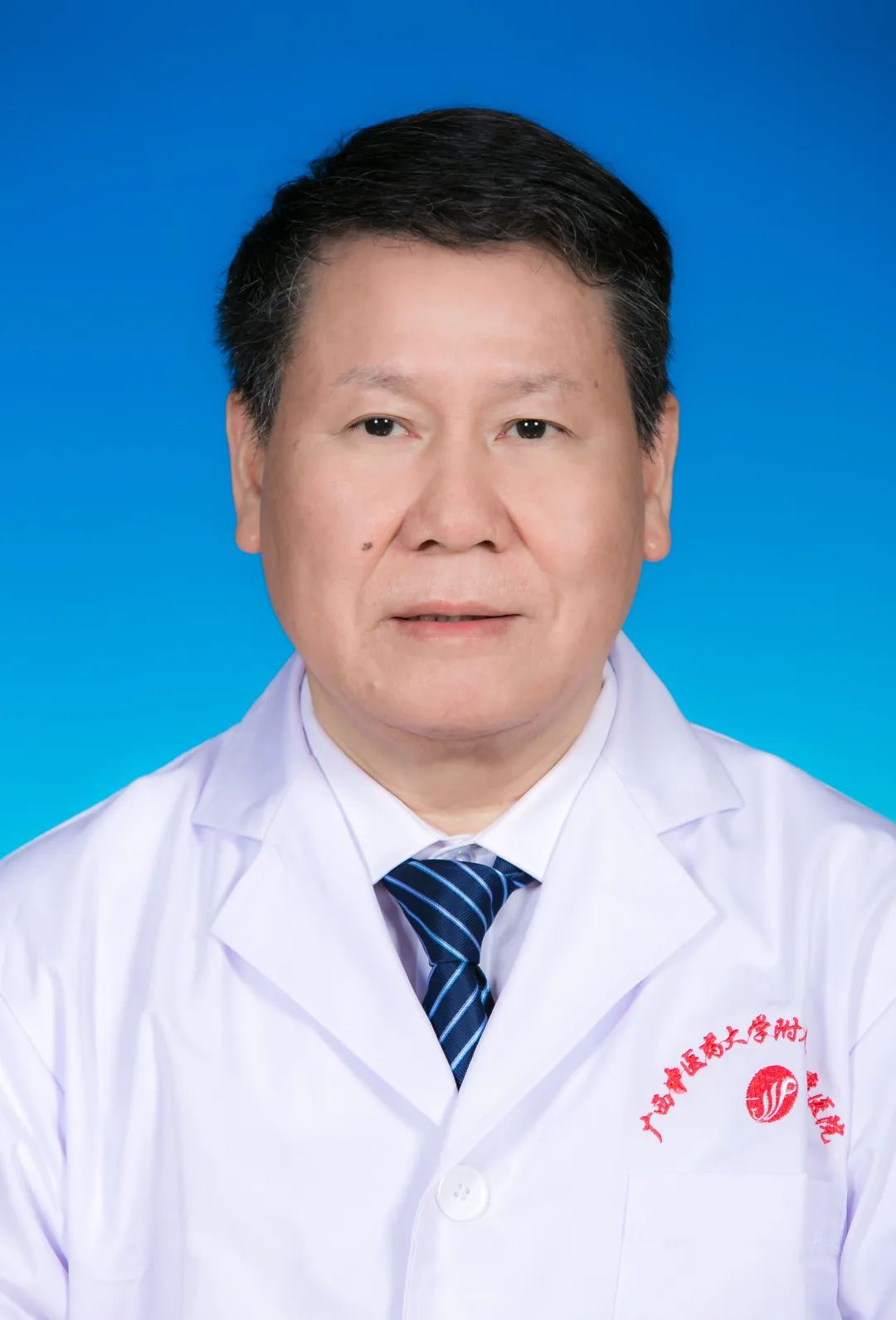
Meng Dingshui
Professor, Chief Physician
Doctoral Supervisor
National Renowned TCM Practitioner
Honorary Director of TCM Classic Ward
Founder of the Ba Gui Meng School of Internal Medicine. With over 40 years of medical experience, he specializes in treating hypertension (headaches, dizziness, insomnia, etc.), coronary heart disease (palpitations, chest pain, etc.), heart failure (dyspnea, edema, etc.), chronic obstructive pulmonary disease (cough, wheezing, etc.), pneumonia (cough, fever, etc.), and other common diseases.
Consultation Hours: Monday, Wednesday, and Friday all day
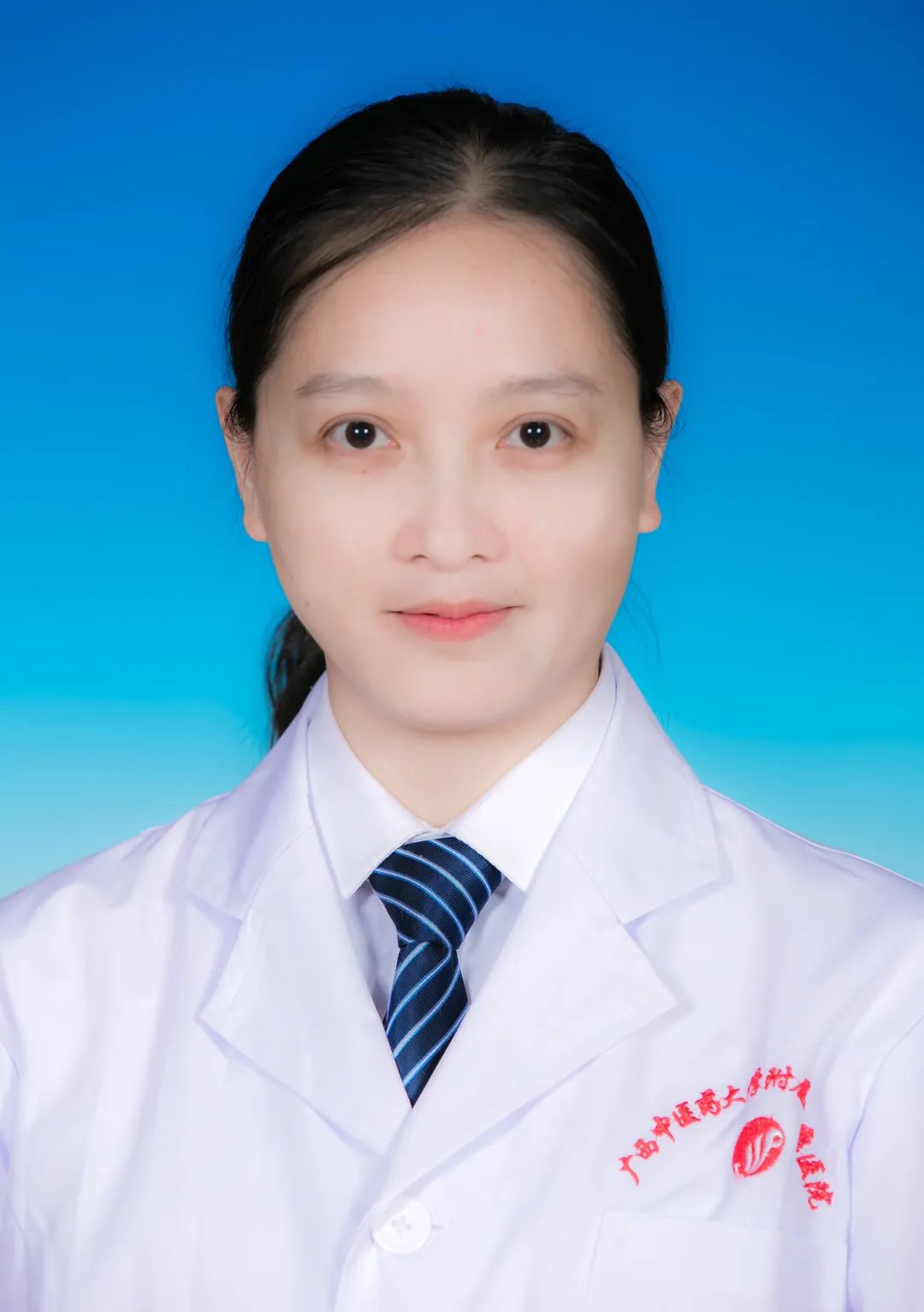
Tang Xiao
Director of TCM Classic Ward
Professor, Chief Physician
Specializes in the combined diagnosis and treatment of acute and critical diseases, using classic TCM theories to treat common, difficult, and critical diseases such as respiratory failure, heart failure, early rehabilitation of critically ill patients, unexplained fever, recovery from cerebral infarction, refractory insomnia, and acute and chronic gastrointestinal dysfunction.
Consultation Hours:
Monday afternoon, Friday morning (TCM Classic Ward)
Tuesday afternoon (Guoyi Hall)
END
Written by: Liang Shanshan (TCM Classic Ward)
Edited by: Tao Liuyan
Reviewed by: Fang Hua, An Jing
